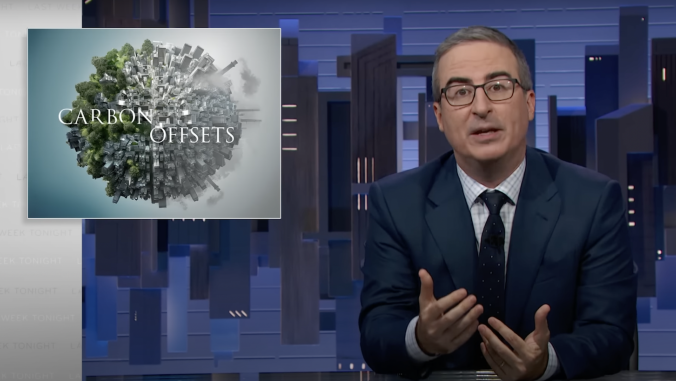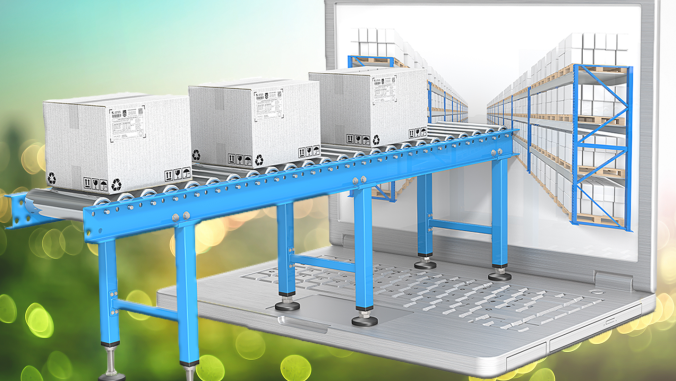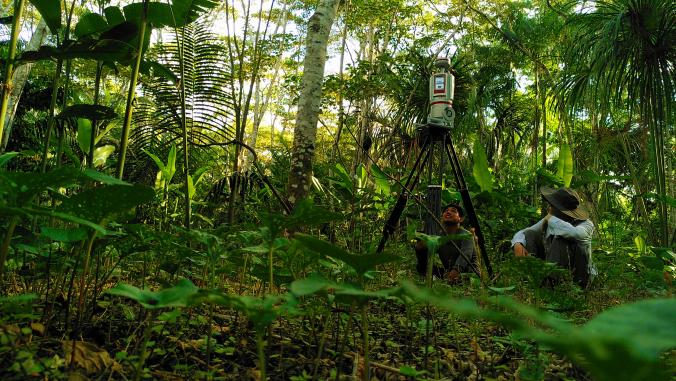The future of plant-based meat
Progress might be slower than the current hype suggests, but the products will almost certainly get better.

According to independent reviewers, production of an Impossible Burger creates little more than one-tenth of the emissions associated with a regular burger.
This article was adapted from the GreenBiz Food Weekly newsletter. Sign up here to receive your own free subscription.
I’m going to say a few skeptical things about plant-based meat, but I want to start by stating something not at all skeptical: Plant-based meat is a potentially world-changing product.
On environmental and animal welfare terms, sausages and burgers and nuggets made from plants are clearly superior to conventional versions. Take greenhouse gases. According to independent reviewers, production of an Impossible Burger creates little more than one-tenth of the emissions associated with a regular burger. Beef is responsible for roughly half (PDF) of food-related emissions in the United States, so switching to plant-based alternatives would make a noticeable dent in our carbon footprint.
Comparisons like that have me rooting for the success of plant-based meat, and over the past couple of years it’s seemed that success is pretty much nailed down. Investors have poured hundreds of millions of dollars into the sector, a former startup — Beyond Meat — had one of last year’s most talked-about IPOs, major players such as Tyson have launched plant-based products, and burgers fashioned from plant protein are in Burger King and other national chains. Sales data released last week show that the U.S. market for plant-based meat grew 18 percent in 2019, to nearly $1 billion.
"The plant-based meat prophecy is finally coming to fruition," declared one food website last month, as it covered news Starbucks was adding a Beyond Meat product to its menu.It’s too early to start seeing emissions from beef production fall as plant-based alternatives take market share. But we might realistically see that happen over the coming decade.
So, why the skepticism? For starters, there are hints that investor group-think and positive media coverage are fueling a bubble. There are new launches on an almost weekly basis, which is surely too many products for a market that accounts for just 1 percent of total meat sales. And some sales are falling back. In January, Burger King cut the price of the Impossible Whopper following a dip in demand. Tim Hortons, a big Canadian restaurant chain, has removed Beyond Meat products from its menu altogether.
I also wonder about the products themselves. I found the Impossible Whooper to be close to indistinguishable from the real thing, but a lot of the taste of any Whopper comes from the ketchup, mayonnaise, pickles and onions that surround the patty. I’ve enjoyed the plant-based meats I’ve cooked at home, though none had the same texture and flavor of animal meat. Until we get closer to that point, I don’t see plant-based meats grabbing significant market share. (Let alone helping Impossible Foods CEO Pat Brown achieve his goal of eliminating animals from the food system.)
Because of these problems, I expect to see a bunch of alternative meats startup disappear over the next couple of years. I also expect that it will be tough for companies both large and small to make inroads beyond the more heavily processed meat products.
Does this mean that plant-based meats won’t rein in carbon emissions? Absolutely not. Progress might be slower than the current hype suggests, but the products almost certainly will get better, and every improved iteration will persuade more meat-eaters to switch to plant-based alternatives. That’s something that already may be happening, because around 90 percent of consumers of plant-based products are not vegetarian or vegan, points out Caroline Bushnell of the Good Food Institute, an organization that supports the development of alternatives to animal meats.
The switching is the critical thing here. I want Pat Brown and his investors and his staff and his fellow entrepreneurs to succeed. I hope there isn’t a bubble. But the environmental indicators are the more important measure of success. It’s too early to start seeing emissions from beef production fall as plant-based alternatives take market share. But we might realistically see that happen over the coming decade. Then it will be time to celebrate.
(Before I get emails complaining about a conspiracy to ban burgers: I’m not saying we have to give up meat to beat climate change, just eat less of it. Particularly beef.)
As always, I’d appreciate hearing your criticisms and comments. Thanks to everyone who responded to the question I posed last week: when a company removes more carbon from the atmosphere than it emits, has it gone carbon negative or carbon positive? I’ll be publishing responses next week, so please email me at [email protected] if you have thoughts on the matter.





